The Evolution and Biodiversity of Fishes
Information Links

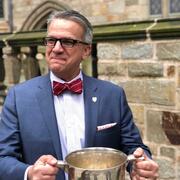
- About the Professor
Professor Thomas Near hails from Chicago where the long shoreline of Lake Michigan and the rivers of the upper Midwest provided his first explorations of aquatic biodiversity. After obtaining bachelor’s degrees in both history and biological sciences, Near earned a Ph.D. in Ecology, Ethology, and Evolutionary Biology from the University of Illinois, Urbana-Champaign. Prior to joining the faculty at Yale, Near was a postdoctoral fellow at the Center for Population Biology, University of California Davis and an assistant professor in the Department of Ecology and Evolutionary Biology at the University of Tennessee. At Yale, Near is a Professor and the Chair of the Department of Ecology and Evolutionary Biology, the Bingham Oceanographic Curator in the Peabody Museum of Natural History, and is the Head of Saybrook College.
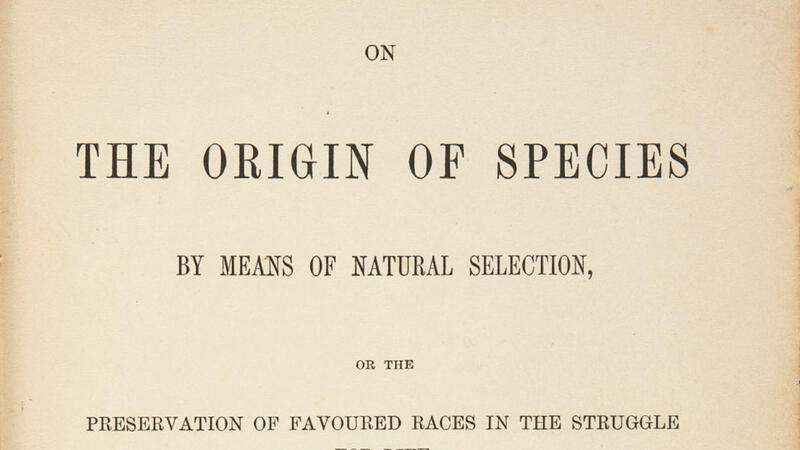
It is now fully recognized that the publication of Charles Darwin’s Origin of Species in 1859 brought about a revolution in man’s attitude toward life and his own place in the universe. This work is rightly regarded as one of the most important books ever published...
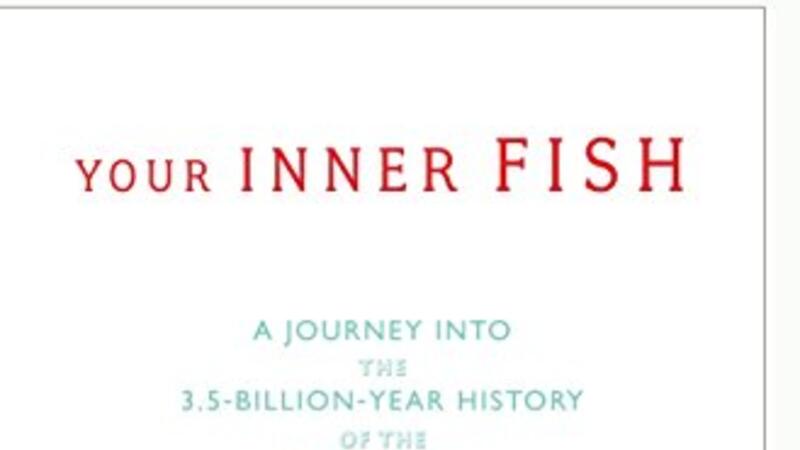
By examining fossils and DNA, he shows us that our hands actually resemble fish fins, our heads are organized like long-extinct jawless fish, and major parts of our genomes look and function like those of worms and bacteria. Your Inner Fish makes us look at ourselves...
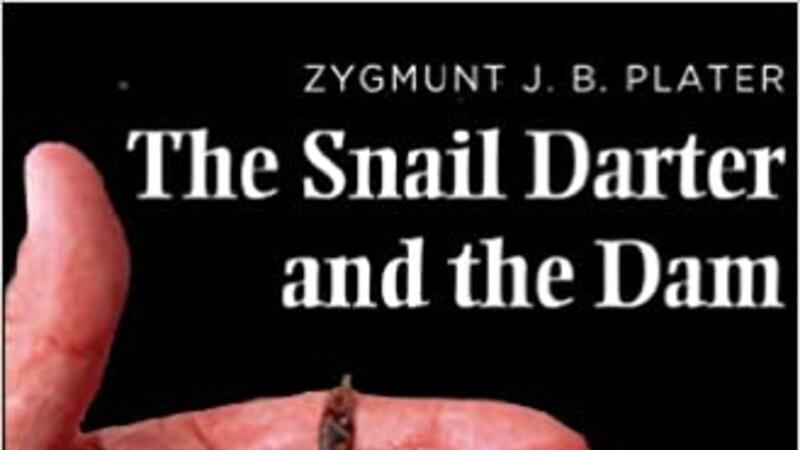
Even today, thirty years after the legal battles to save the endangered snail darter, the little fish that blocked completion of a TVA dam is still invoked as an icon of leftist extremism and governmental foolishness. In this eye-opening book, the lawyer who with his students fought...
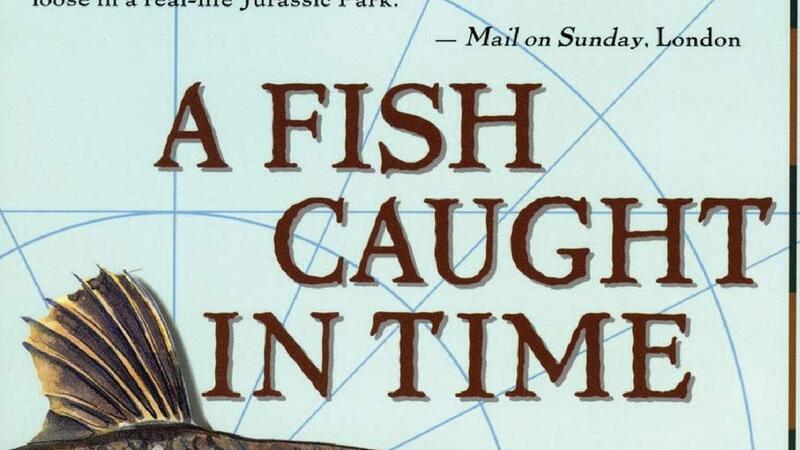
The coelacanth (see-lo-canth) is no ordinary fish. Five feet long, with luminescent eyes and limb like fins, this bizarre creature, presumed to be extinct, was discovered in 1938 by an amateur icthyologist who recognized it from fossils dating back 400 million years. The discovery was...
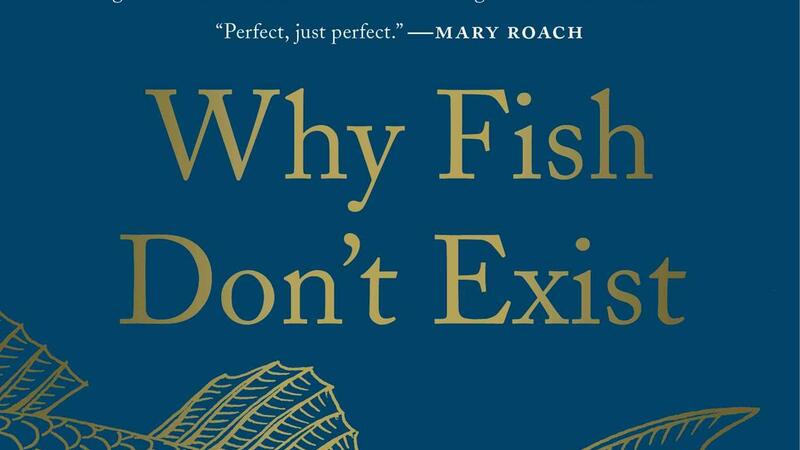
David Starr Jordan was a taxonomist, a man possessed with bringing order to the natural world. In time, he would be credited with discovering nearly a fifth of the fish known to humans in his day. But the more of the hidden blueprint of life he uncovered, the harder the universe seemed...
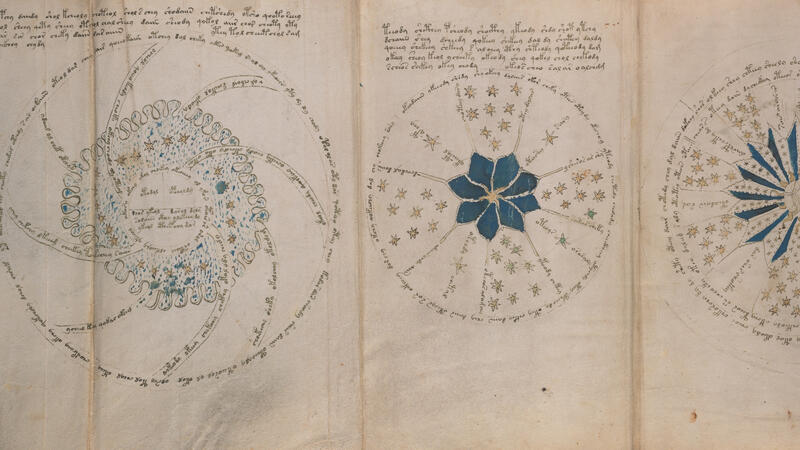
Thursday, July 8
4 p.m. eastern
The Voynich manuscript is an unsolved puzzle. A curious cipher manuscript from the early 15th century, it is unique in many ways. The script is not found in any other document, and while the...
Faculty:
Claire Bowern
Professor of Linguistics

Tuesday, July 13
4 p.m. eastern
Learn how Siena became an engine of innovation: cultural, political, social, and more - all because of its medieval hospital, one of Europe’s first, most successful, and most creative systems of charity.
Faculty:
Jane Tylus
Andrew Downey Orrick Professor of Italian and Professor of Comparative Literature